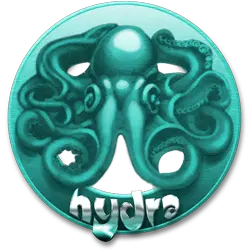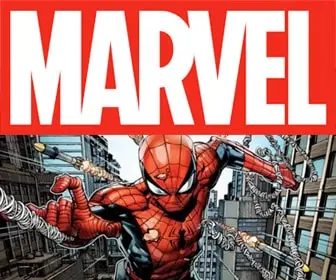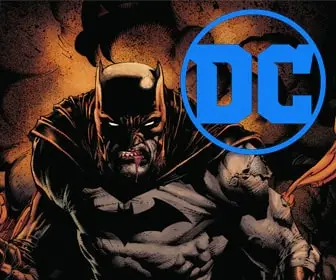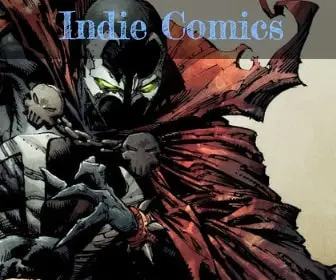
John Byrne’s Next Men: A Forgotten Gem in the Comic Book World
In the ever-expanding universe of comic book heroes and anti-heroes, it’s easy for some gems to slip through the cracks. One such overlooked masterpiece is John Byrne’s “Next Men,” a series that explored mature themes through the superhero genre long before it became mainstream. This post aims to shine a spotlight on “Next Men,” delving into its origins, intricate storyline, and unique characters.
The Birth of Next Men
John Byrne, a name well-known for his iconic work on “X-Men,” “Fantastic Four,” and “Superman,” introduced “Next Men” in 1991 under Dark Horse Comics. What started as a black-and-white comic book series quickly gained attention for its complex characters and intricate storytelling.
The Plot Unveiled
The story revolves around a group of young individuals who are the subjects of government experiments, designed to create the next stage of human evolution. These individuals, or “Next Men,” as they’re termed, escape captivity and try to navigate a world they are unprepared for. Each possesses unique abilities but at a price—often in the form of physical or psychological drawbacks.
Characters: Beyond Black and White
What sets “Next Men” apart from other comic book series is its multi-layered characters. They are not just superhumans in costumes fighting bad guys; they are complex individuals grappling with their powers, morality, and personal dilemmas.
- Bethany: Invulnerable to harm but lacks a sense of feel.
- Nathan: Can see a wide spectrum of light and is the team leader.
- Jack: Has super strength but has limited dexterity.
- Danny: Who has super human speed.
- Jasmine: The acrobat.
Mature Themes and Real-world Issues
Another aspect that elevates “Next Men” is its mature treatment of themes like government conspiracy, exploitation, and the moral implications of science. It is not merely a series about superheroes; it’s a critique of society and human nature.
Legacy and Influence
Despite its brilliance, “Next Men” never gained the mass appeal of Byrne’s other works. However, it’s a series that left an impression on those who read it, influencing a new wave of dark and complex superhero narratives.
Collectibles
For fans and collectors, some of the key issues to look out for include “Next Men #0,” which provides background information, and the issues featuring the first appearance of Hellboy, one of Dark Horse’s most iconic characters.
Denouement
John Byrne’s “Next Men” is a significant work that deserves more attention than it has garnered. Its complex characters and mature themes make it a compelling read, setting it apart in a genre often dominated by clear-cut heroes and villains. Whether you’re a fan of Byrne or new to his work, “Next Men” offers a deep and thought-provoking dive into the complexities of power and humanity.












